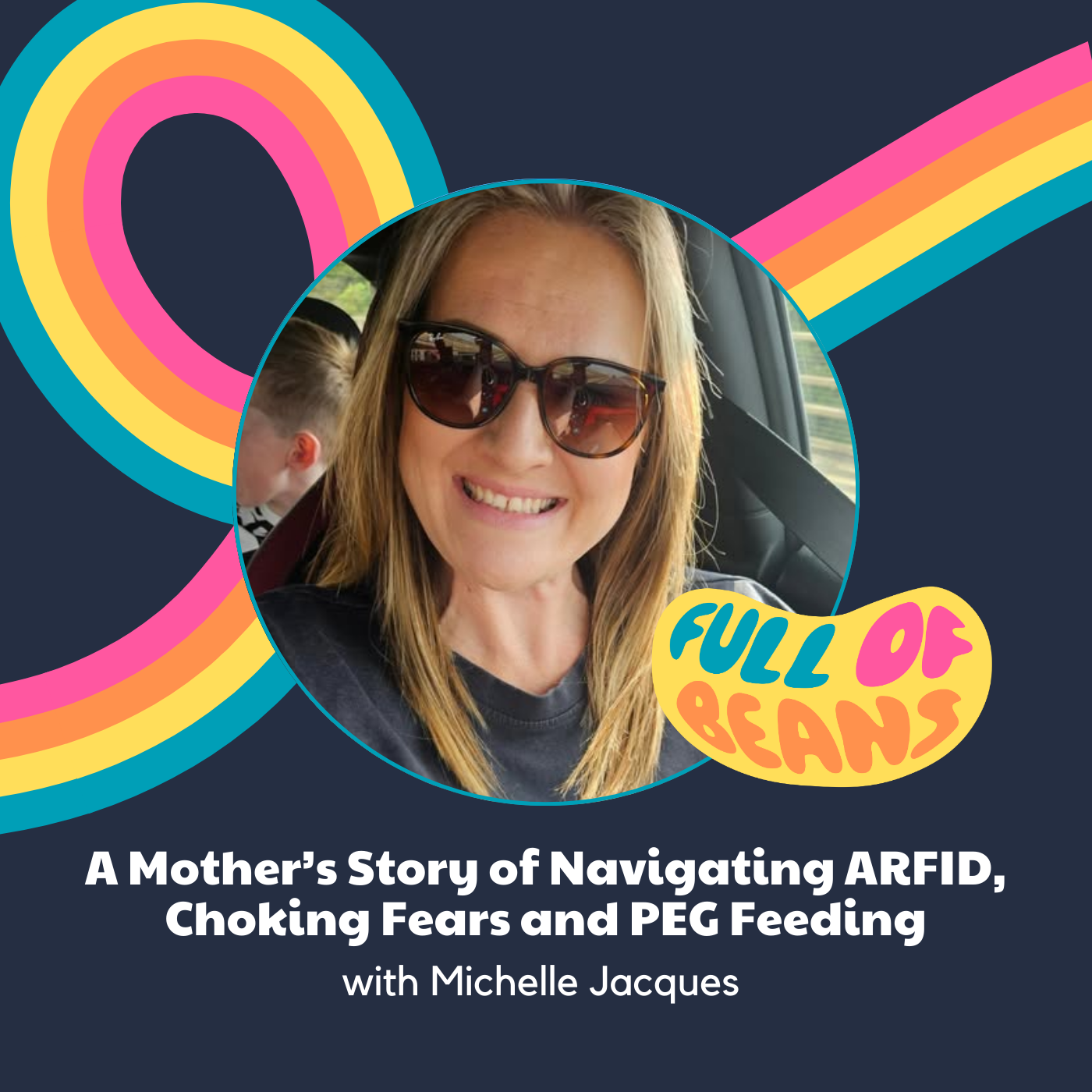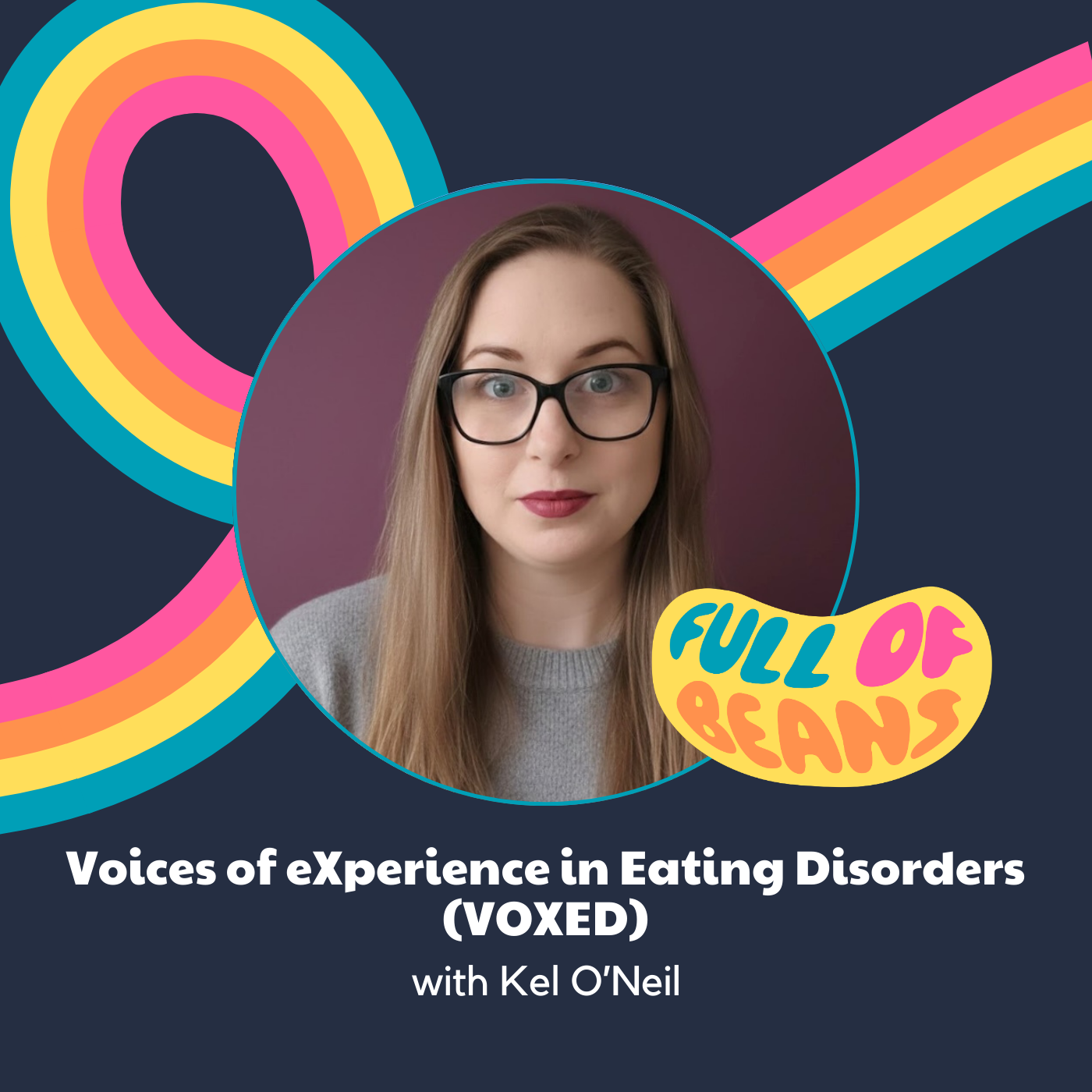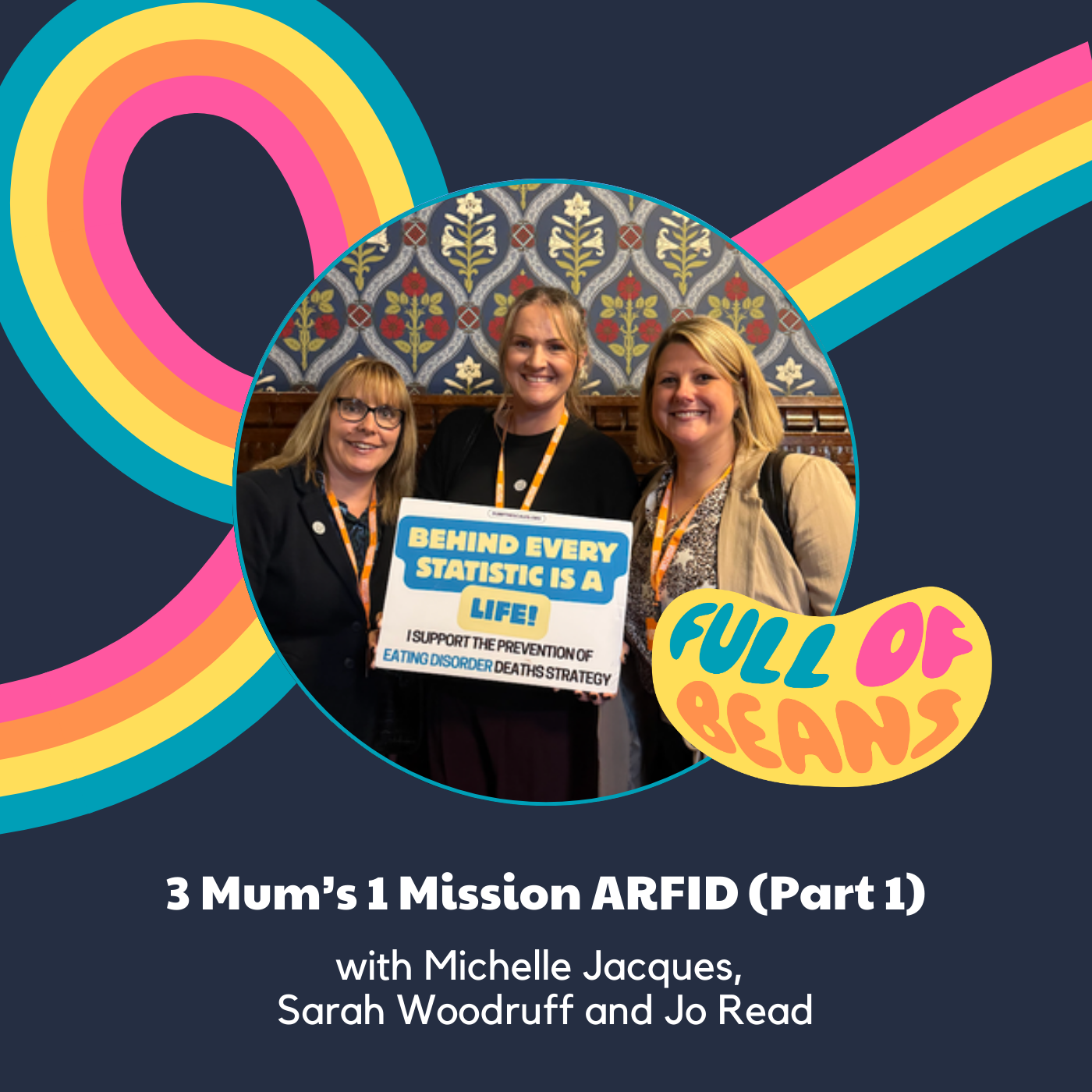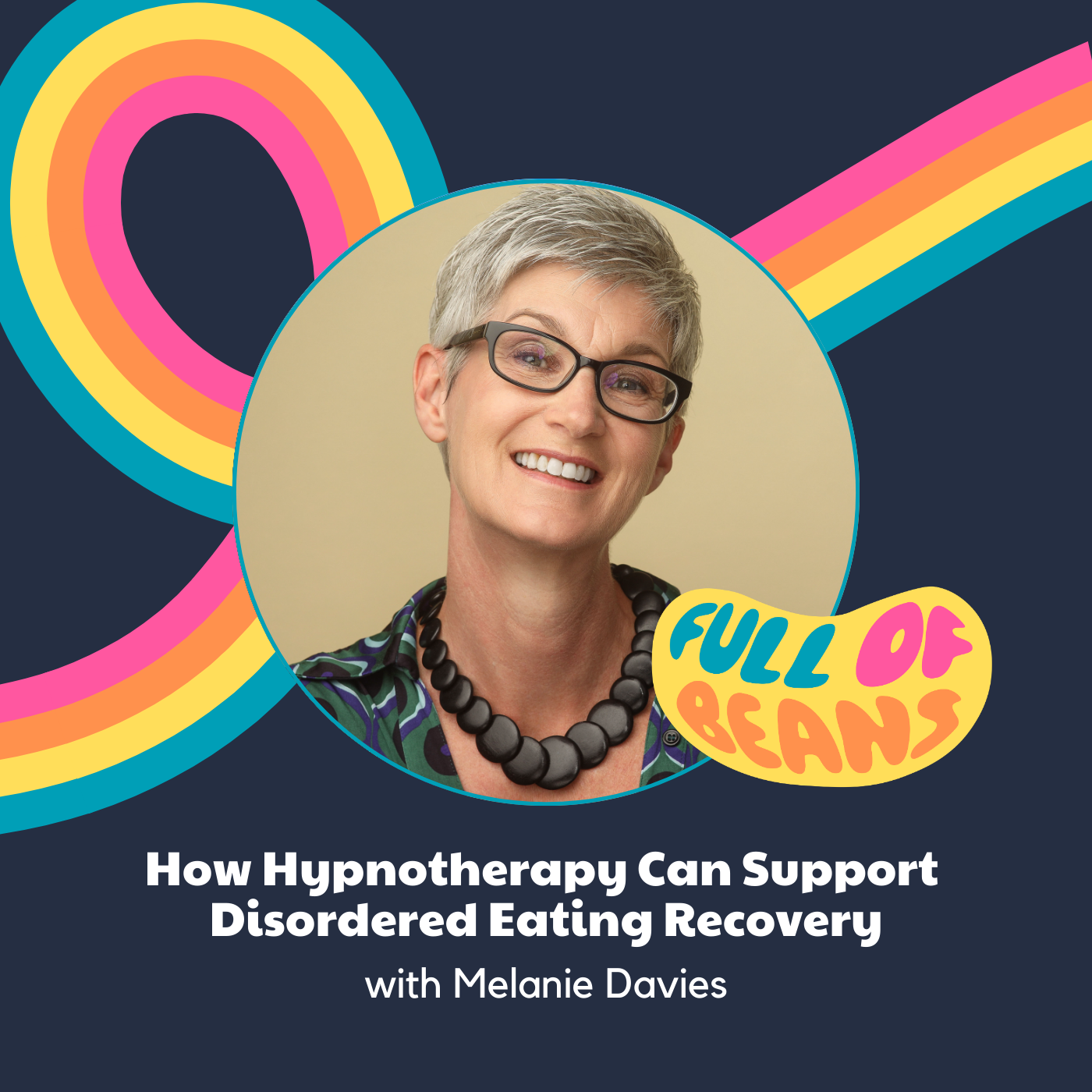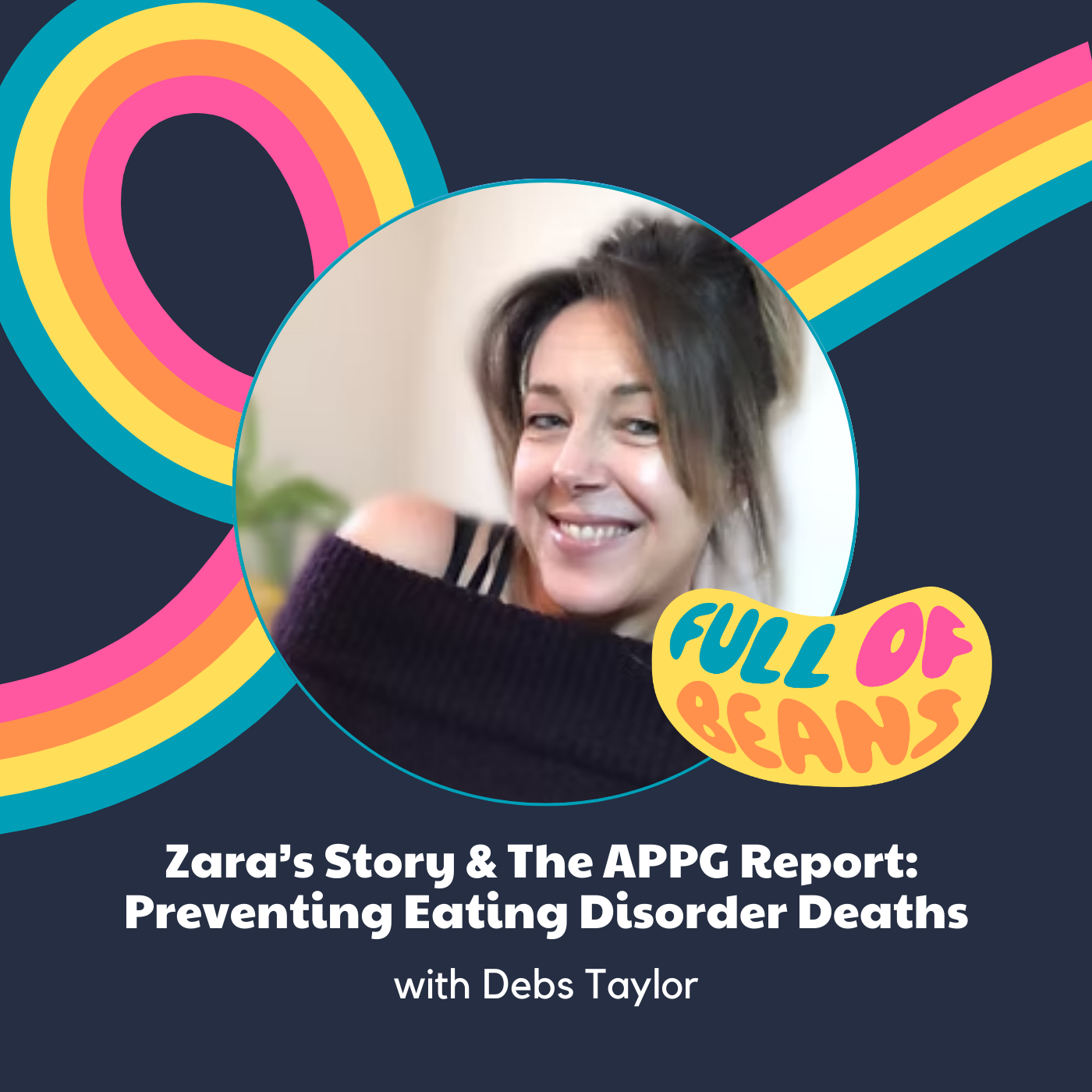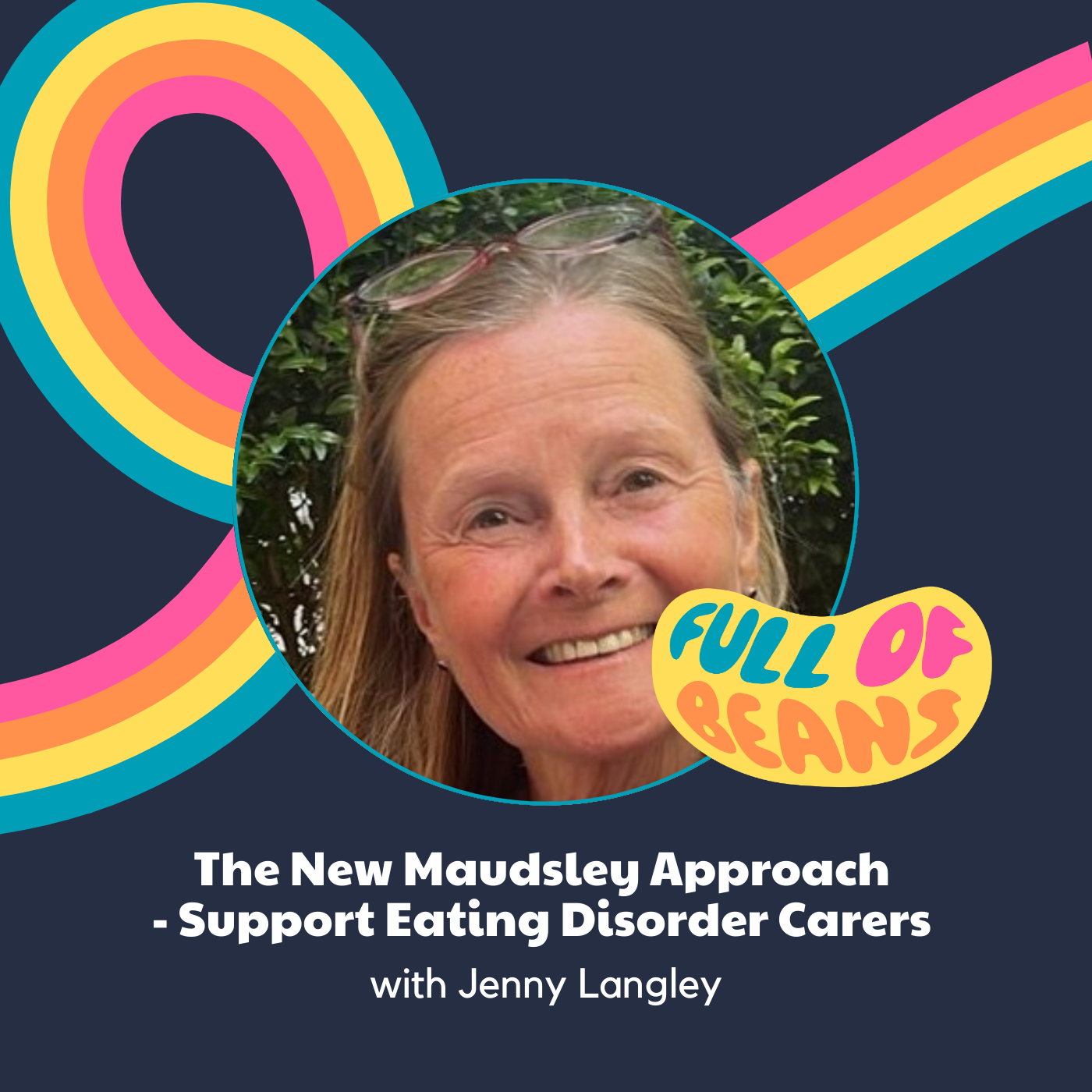Finding Peace in Eating Disorder Recovery Through Autism Diagnosis
Finding Peace in Eating Disorder Recovery Through Autism Diagnosis
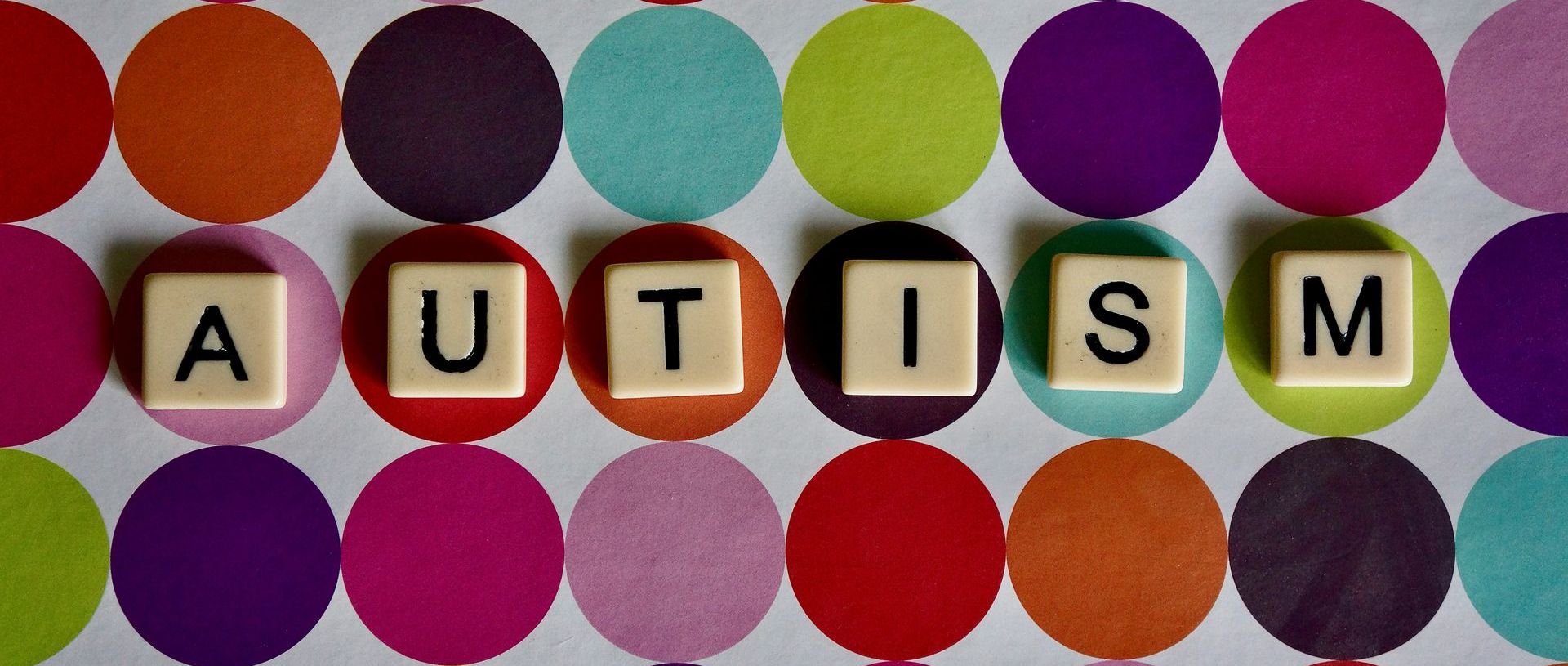
Did you know that autism and anorexia share a significant overlap?
In this week’s episode of Full of Beans, Han sits down with Fiona Hollings (Fi), who shares her journey of being autistic and recovering from anorexia.
Their conversation highlights the importance of tailored treatment for autistic individuals struggling with eating disorders.
This episode is being released as part of Neurodiversity Celebration Week, a time to recognise and honour the strengths and challenges of neurodivergent individuals.
The Link Between Autism and Anorexia
Research suggests that autistic individuals are more likely to develop eating disorders like anorexia. Some of the key factors include:
- Sensory sensitivities that impact food preferences and eating habits
- A need for routine and control, which can manifest as rigid eating behaviours
- Difficulties in emotional regulation and interoception (understanding internal body signals)
Read more about this link in these scientific studies.
How an Autism Diagnosis Helped Fiona Recover
For Fi, the turning point in her eating disorder recovery was receiving an autism diagnosis. Before this, she struggled with traditional treatment methods that did not account for her neurodivergence, leading to frustration and a sense of failure.
Her diagnosis allowed her to:
- Understand why she found certain aspects of recovery so challenging
- Implement autism-friendly strategies such as structured meal plans and sensory adjustments
- Replace self-blame with self-compassion, recognizing that her struggles were due to unmet neurodivergent needs, not personal failure
- Work with, rather than against, her autistic traits to build a sustainable recovery approach
Why Traditional Eating Disorder Treatment Falls Short for Autistic Individuals
Most eating disorder treatments, such as CBT-E, rely heavily on emotional awareness, cognitive flexibility, and social interaction—areas where autistic individuals may struggle. This can lead to feelings of failure and increased distress during treatment.
How Managing Autism Supports Eating Disorder Recovery
Fi shares that her recovery only truly began once she started accommodating her autism. Some key adaptations include:
- Structured meal plans with familiar foods
- Managing sensory triggers (e.g., noise-canceling headphones during meals)
- Reducing the pressure to introduce new foods too quickly
- Understanding that rigidity isn’t always an eating disorder behavior—it can be an autistic trait
The Peace Pathway: A Revolutionary Approach
The Peace Pathway is a pioneering initiative that helps healthcare providers adapt eating disorder treatment for autistic individuals. It offers practical tools, training for clinicians, and support for families.
Final Thoughts
Recovery is possible, but it needs to be tailored. If you or someone you know is autistic and struggling with an eating disorder, check out the Peace Pathway and the research linked above.
Join us in celebrating Neurodiversity Celebration Week by amplifying voices like Fi’s and advocating for more inclusive treatment approaches.
Thank you for taking your time to read this blog. If you would like to receive updates from the Full of Beans podcast, scroll down a little further and click subscribe.
You can listen to the podcast here or follow us over on Instagram where we like to engage most with our community!
Keep being you,
Han 💛

